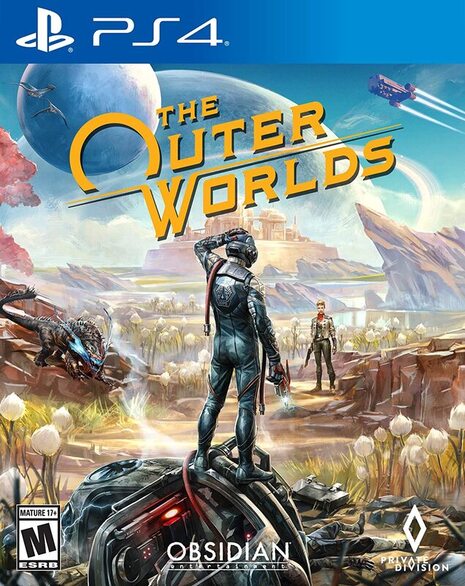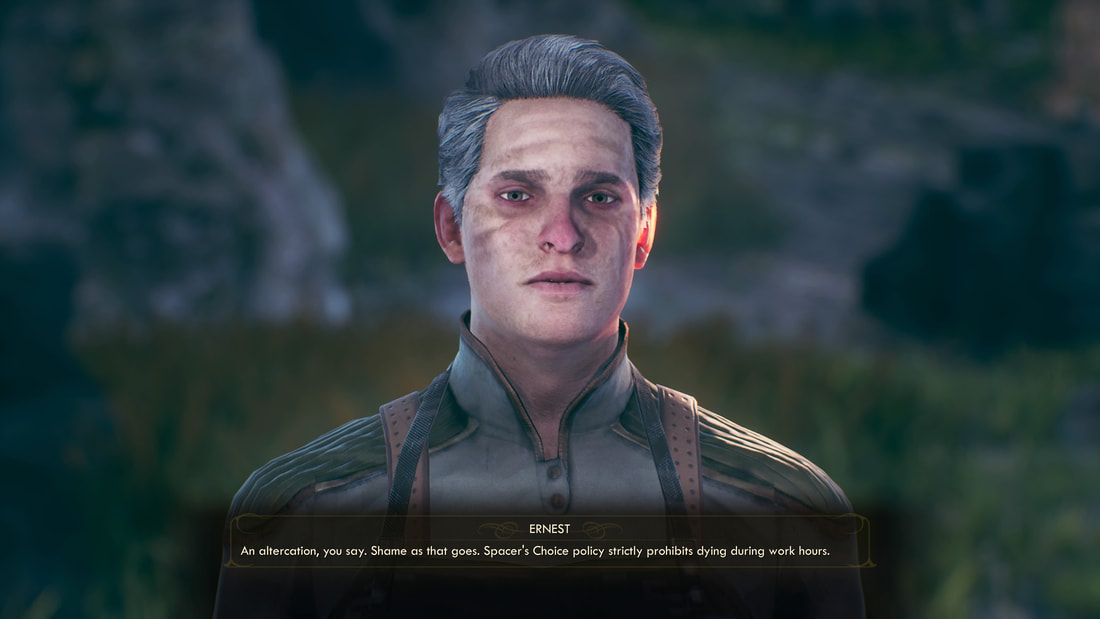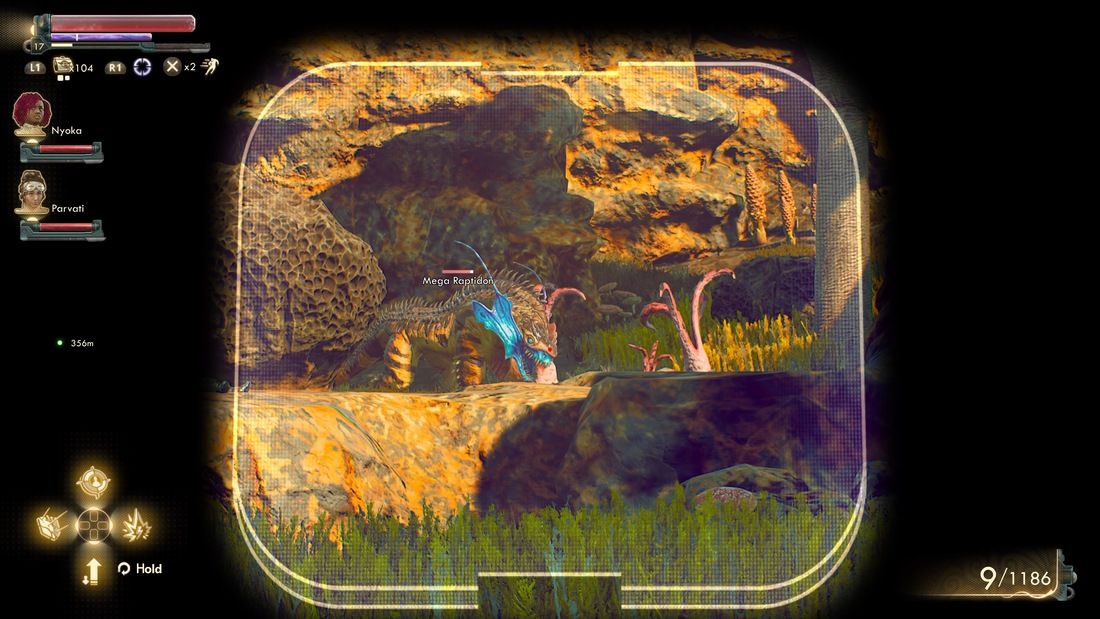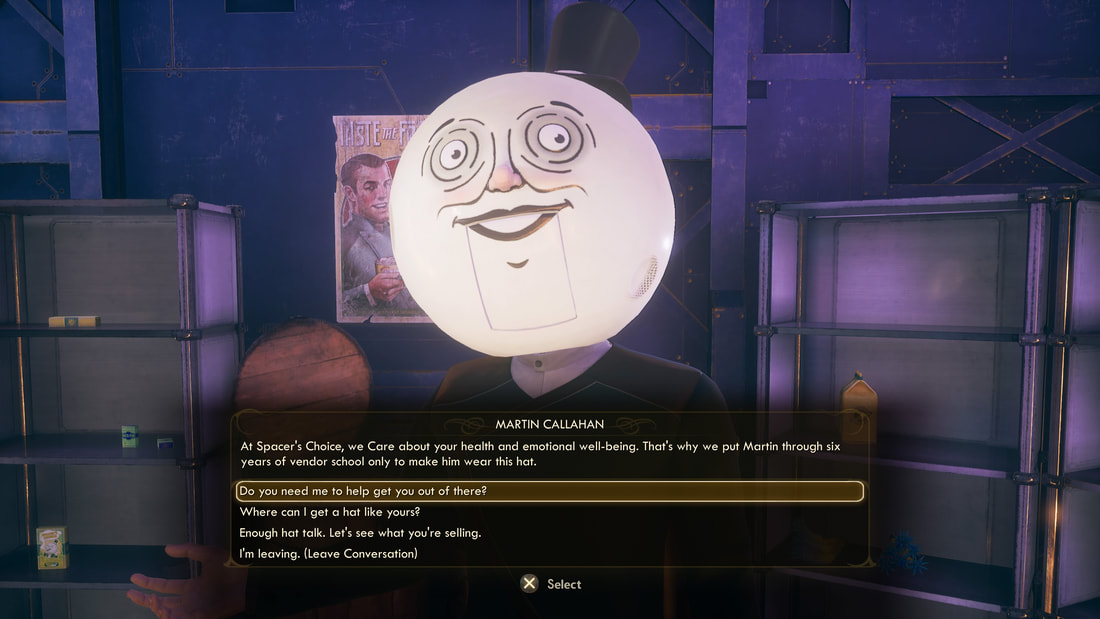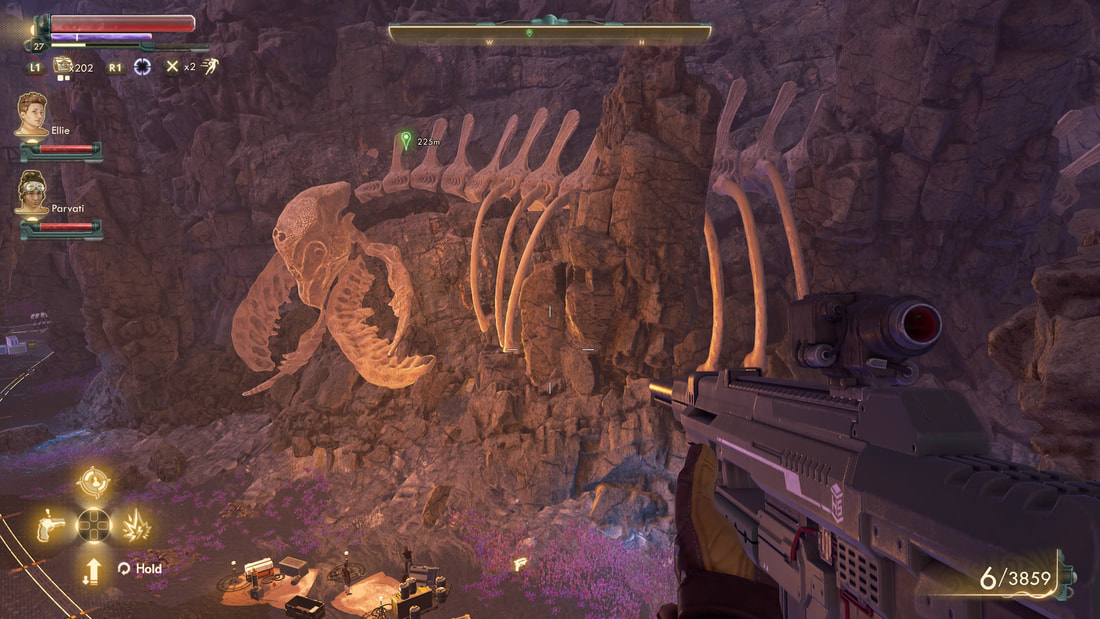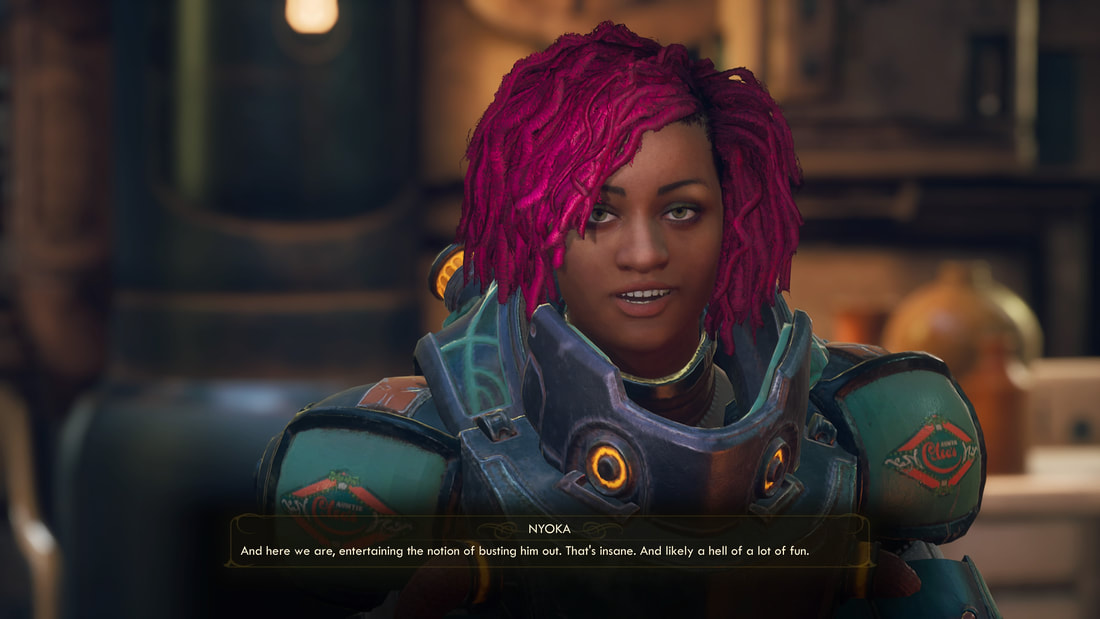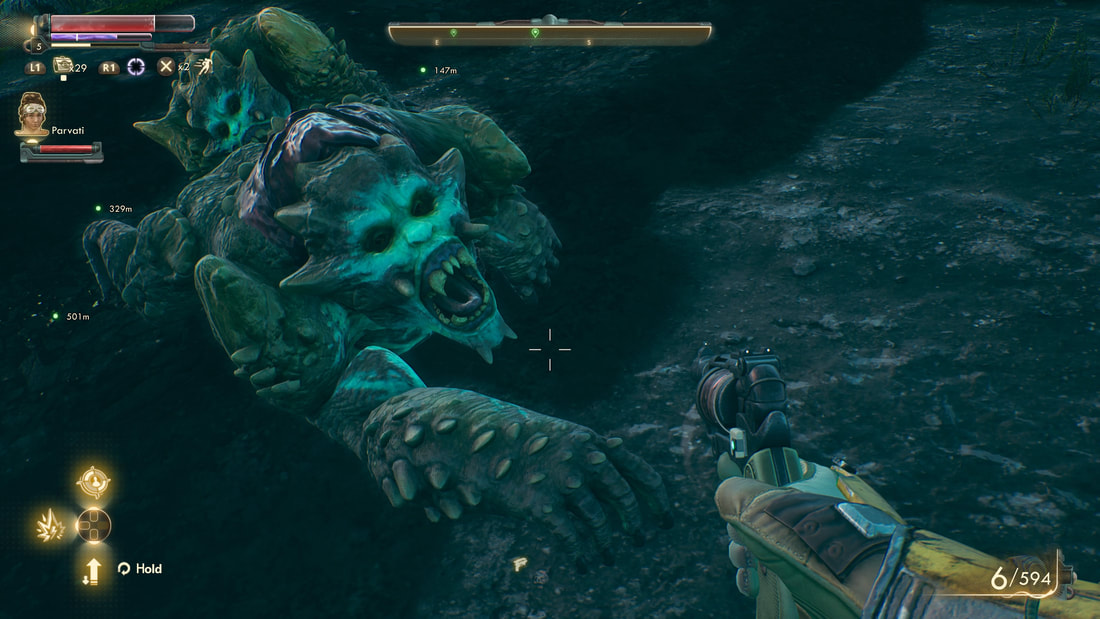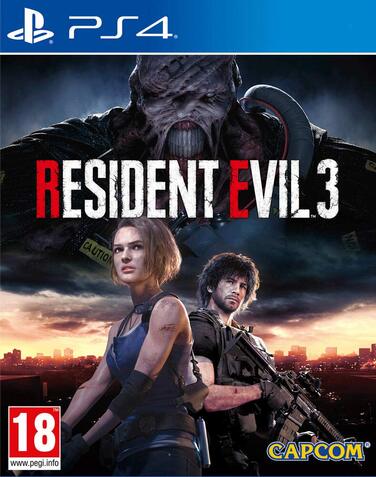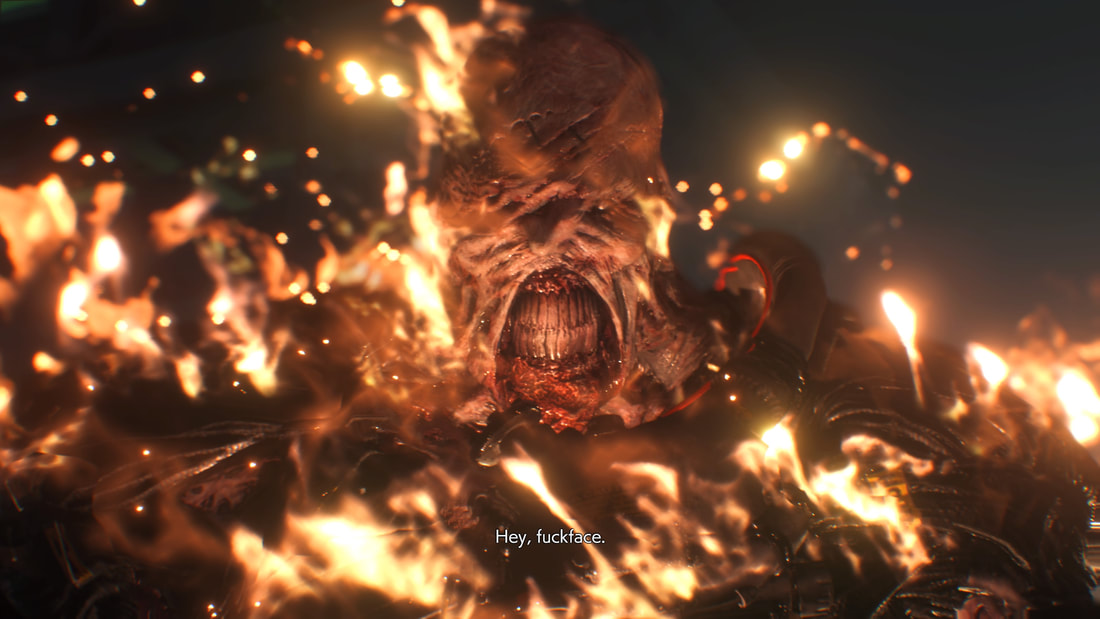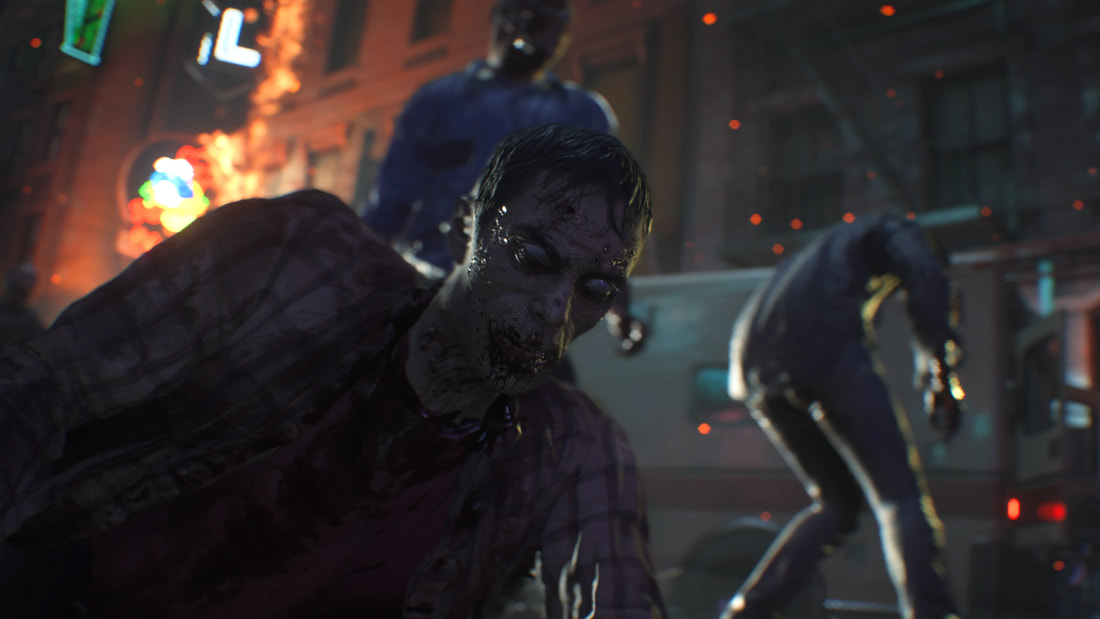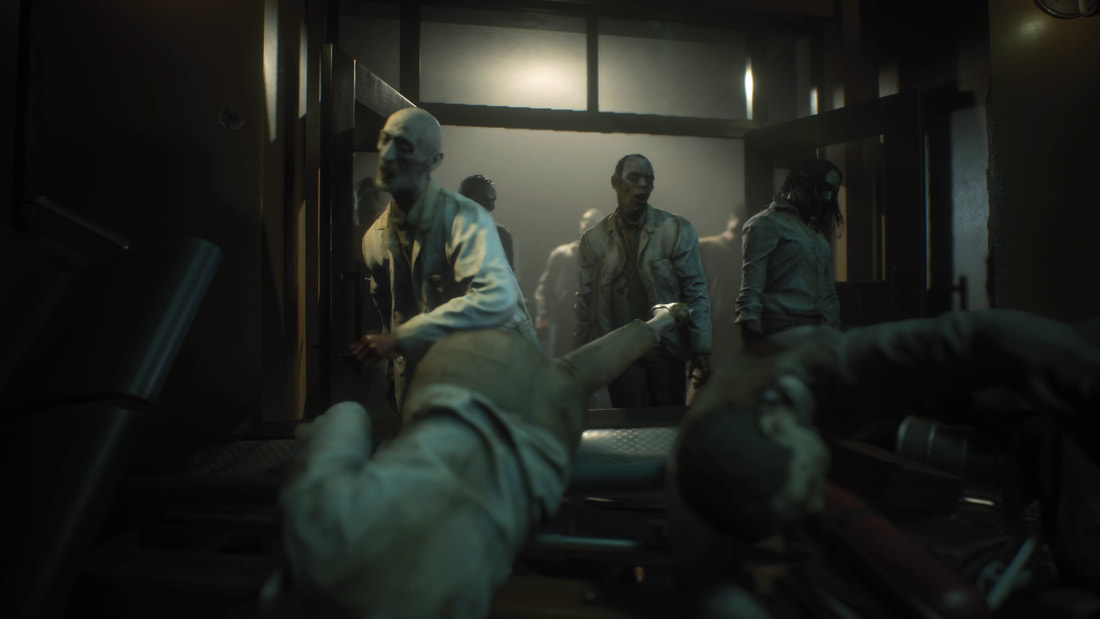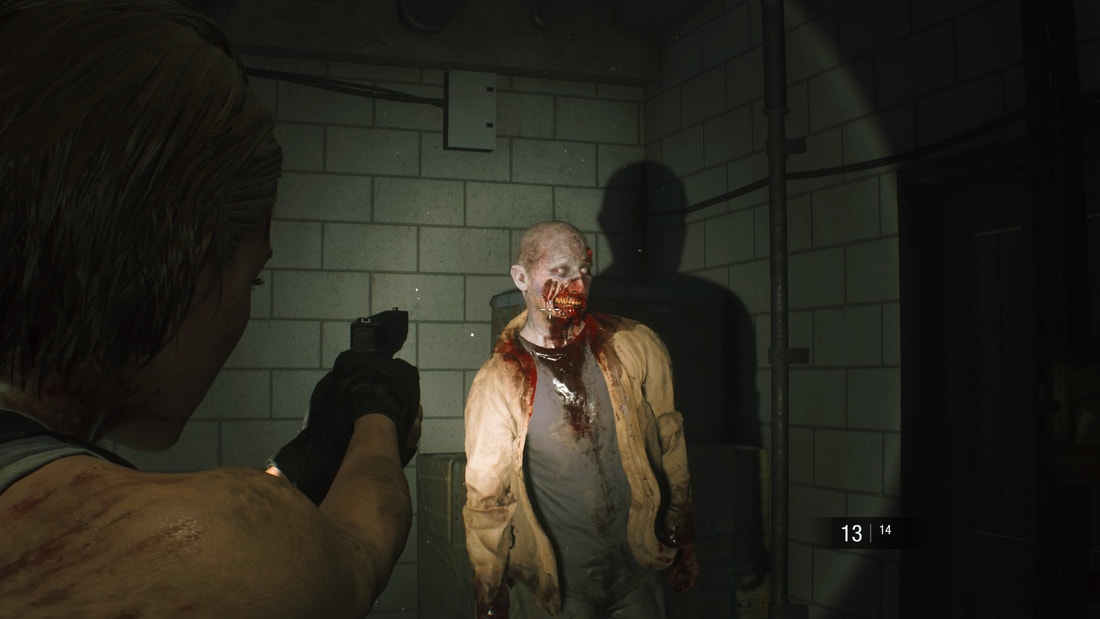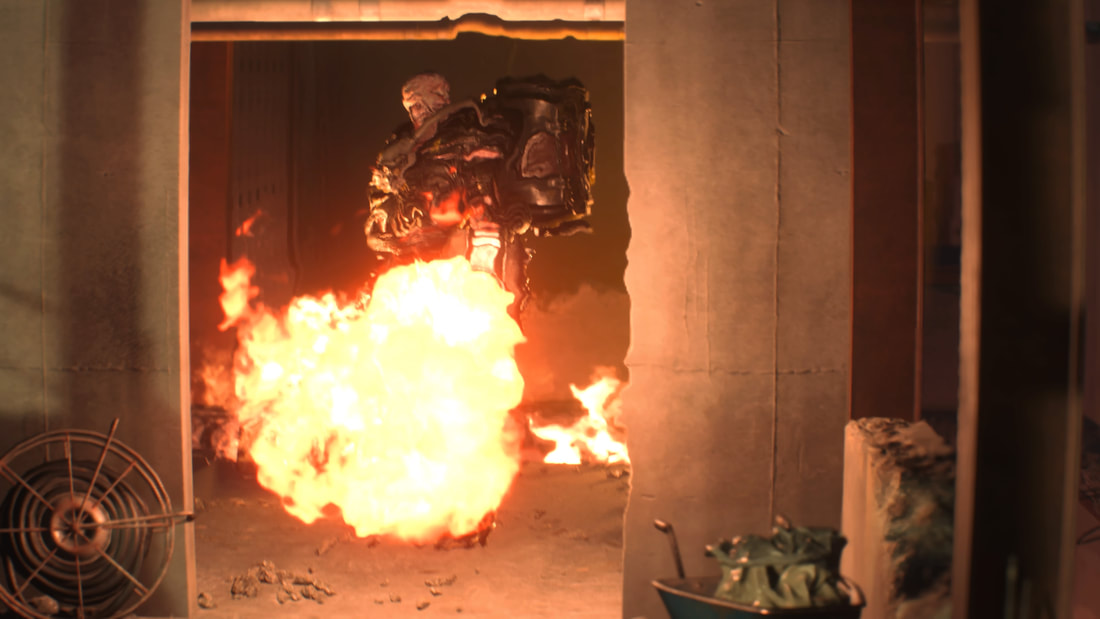* denotes a replay
January (1 Game Beaten)
February (2 Games Beaten)
March (10 Games Beaten)
April (7 Games Beaten)
Sometime in the Dark Ages of My Life Between May and October (4 Games Beaten)
24. Phantom Doctrine - Switch - ???
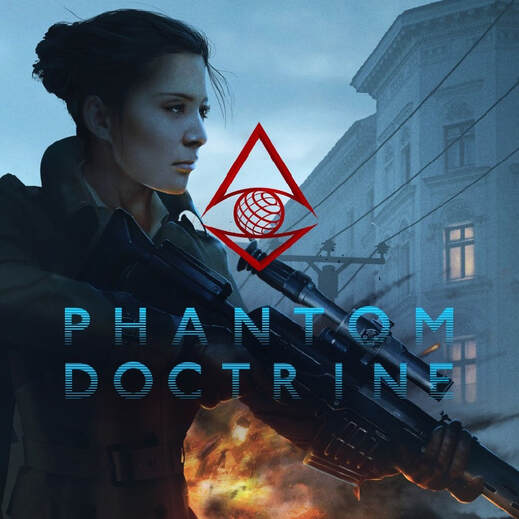
I'm an absolute slut for turn based tactics games. It doesn't matter if they're fantasy settings like Fire Emblem, modern settings like Breach and Clear, or sci-fi settings like XCOM. I absolutely adore turn based tactics. When I saw Phantom Doctrine for sale on the Switch eShop, I figured I'd take a look. What I saw looked like XCOM, and much to my delight, that's basically what Phantom Doctrine is - a dollar store XCOM clone.
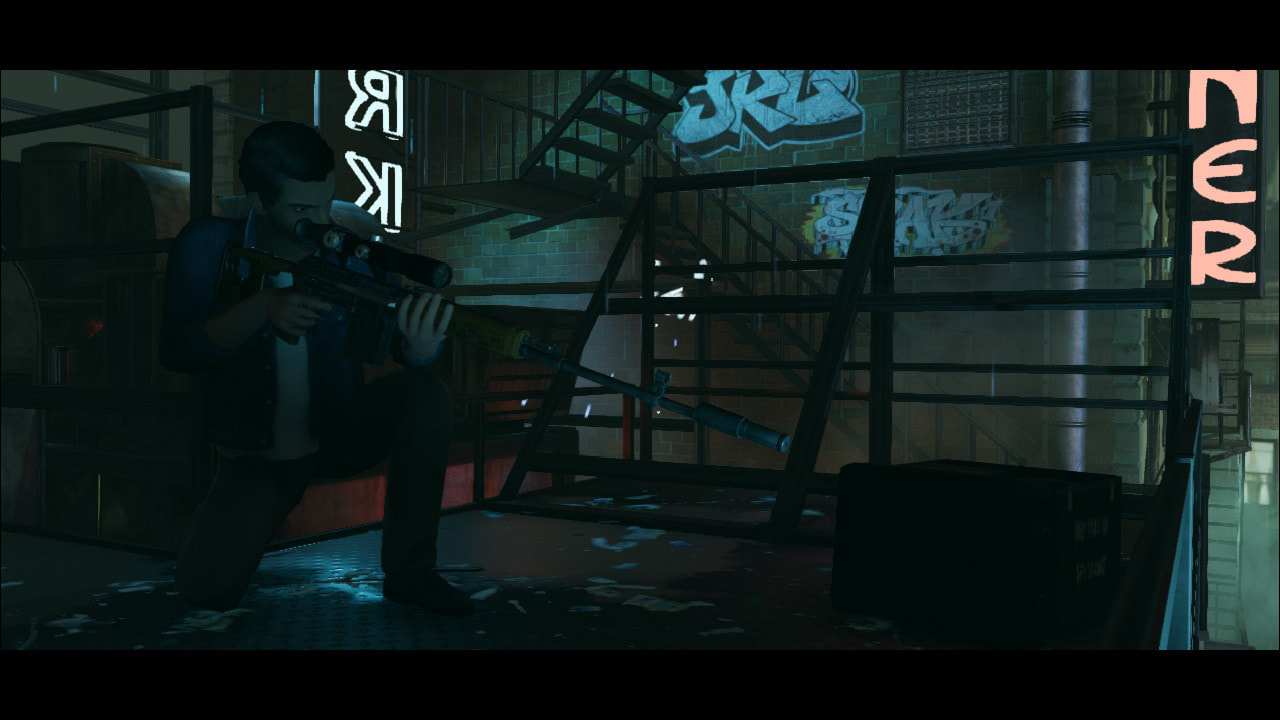
Phantom Doctrine takes place towards the end of the Cold War in 1983. You can choose to play as either a former American CIA agent, a former Soviet KGB agent, or a former Israeli Mossad agent. Since this is an epic Cold War struggle, I'm obviously not going to pick Mossad (sorry, Israel, but you're not as iconic a Cold War combatant), and the Soviet Union is the ultimate video game adversary after the Nazis, so I clearly can't choose to play AS a Soviet, so I was left with the CIA. Fortunately, you play as a FORMER agent of the organization you choose, not an active agent, and your interests start to split pretty early on. You lead a secret organization known as the Cabal as you try to thwart the machinations of the cryptic and malign Beholder Initiative.
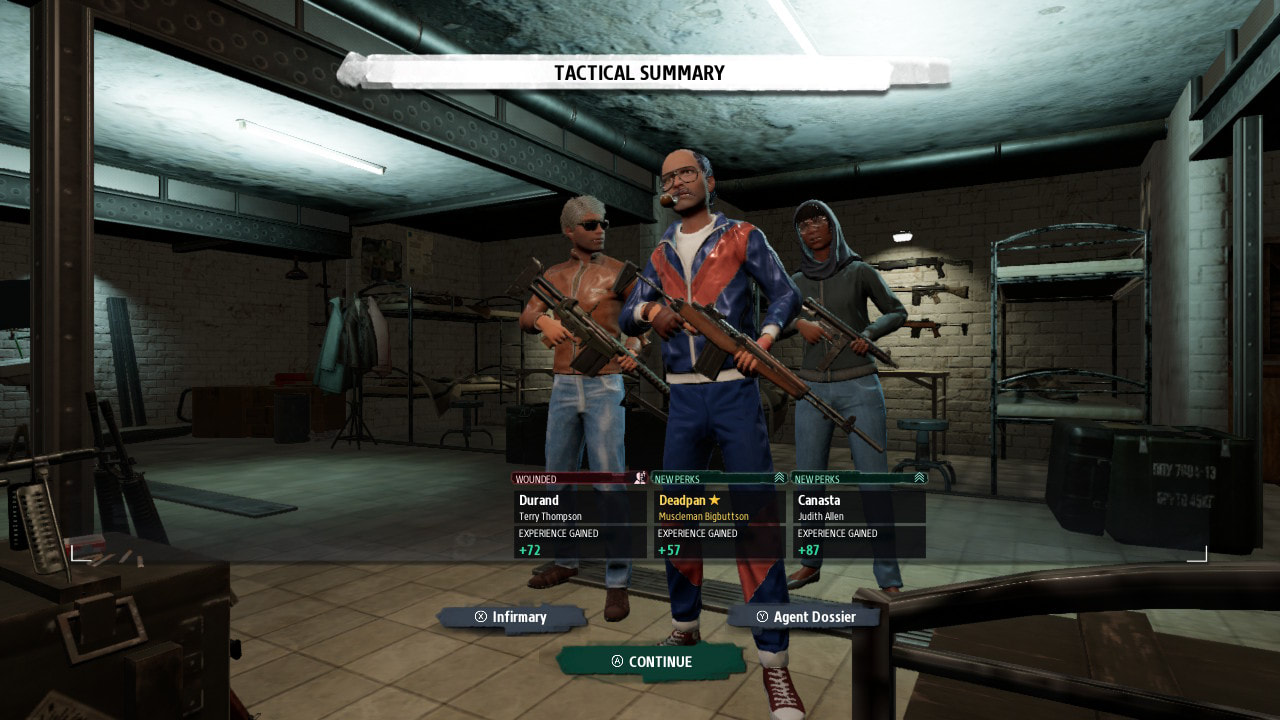
The actual gameplay is VERY reminiscent of XCOM. You have a main base from which you manage your resources, both capital and human. Money is used to expand your base, upgrade your facilities, purchase weapons and armor, and hire new agents. It's also used to send your agents into the field and in some random events. Sometimes you'll get a random prompt that one of your agents has been arrested, and you can choose to either let them rot in jail, leave them in jail but send a care package for $200 (it's a random amount I just made up; I don't remember what it actually was), or bail them out for $1000. Your choice will have effects on your relationship with the character and their abilities, so choose carefully; sometimes the choice that feels right ends up having the most disastrous consequences. Throughout the world, possible enemy activity will show up in random cities, so you have to send your agents. Sometimes it's nothing. Sometimes it's an informant who will help you. Sometimes it's a beholder plot that you have to stop lest your base's Danger rating increase. If your base's Danger rating gets too high, you'll have to pay to move your base, and that is NOT cheap. If you keep your base where it is with a high danger rating, then you run the risk of being attacked by Beholder agents.
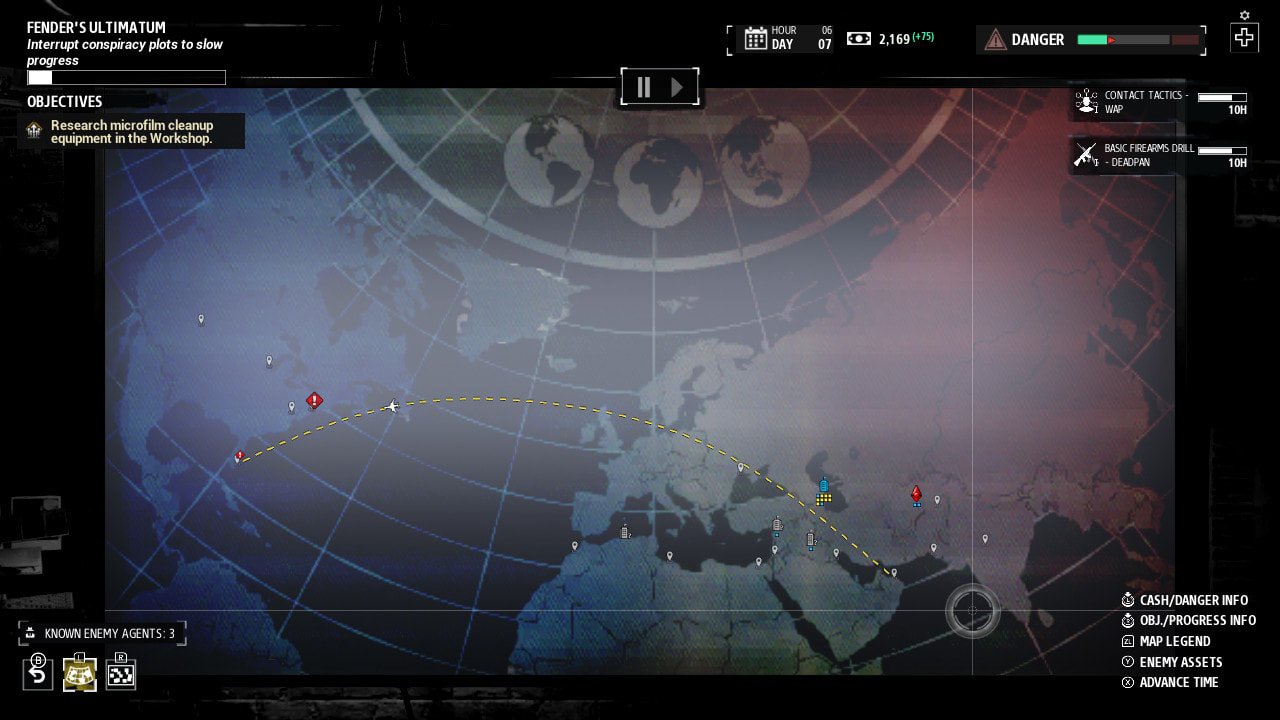
As is normally the case with any game that lets me name my characters, I found myself getting really attached to characters really easily. That's why I had to be extra careful when I deployed my characters on a combat mission. The gameplay is almost exactly like XCOM if it were a low budget game with about a tenth of the polish and refinement. It's an incredibly fun game, but it's definitely rough around the edges, it has some pretty noticeable bugs and glitches here and there, and the budget title nature of the game shows through. The mission objectives vary. Sometimes you have to disarm a certain number of bombs, sometimes you have to kill all of the enemies, sometimes you have to kill or capture a Beholder agent (I always went for capture so I could torture them for information at my base), and sometimes you have to rescue a captured Cabal agent who will join your team after the mission. If your agent is eliminated in combat, you have a few turns to stabilize them so they don't bleed out which allows you to carry them with you back to the extraction point. If you do that, they survive. If they bleed out or aren't carried to the extraction point, they're either dead forever or captured by Beholder. In the latter case, there's a chance they'll be brainwashed and become Beholder agents in future missions although you can unlock a base facility that allows you to remove that brainwashing if you incapacitate and recapture them down the line.
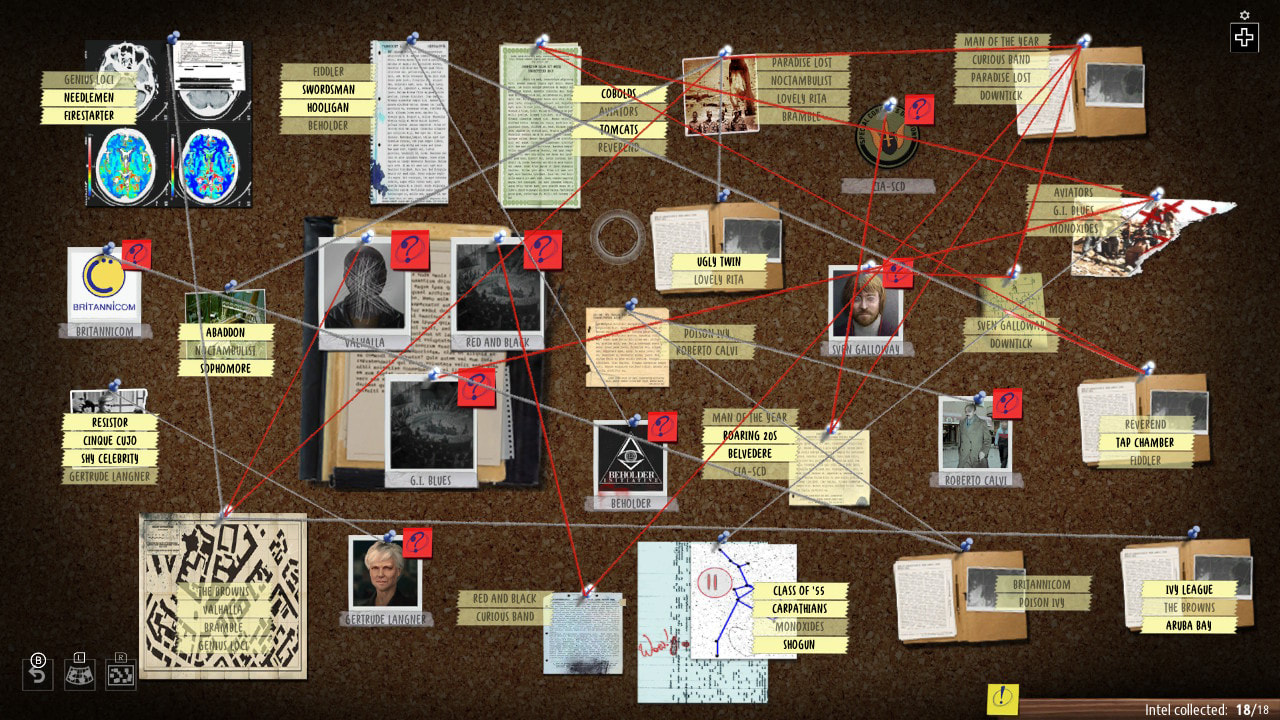
The visuals are...okay. I mean, they're not terrible, but they definitely look like they'd be more at home on a seventh generation console like the PS3, not an eight generation console like the Switch. It certainly doesn't affect the gameplay, and I got used to it pretty quickly, but it is rather jarring to go from Mario Kart 8 and Breath of the Wild and Wolfenstein II to this. The sound design is fairly good overall. The music is pretty well done, but the voice acting is...bad. I mean, wow, the voice acting is definitely the low point of this game. It's definitely not at the Sega CD and PS1 FMV game levels of terrible acting, but these are clearly not A list actors. Hell, I don't think most of them are even C list actors. Your CIA contact sounds like he's having a stroke throughout most of his lines. Fortunately, the voice acting you'll hear most often are the random little lines of dialogue from your agents when you have them take an action on your turn, so they're pretty easy to block out and ignore.
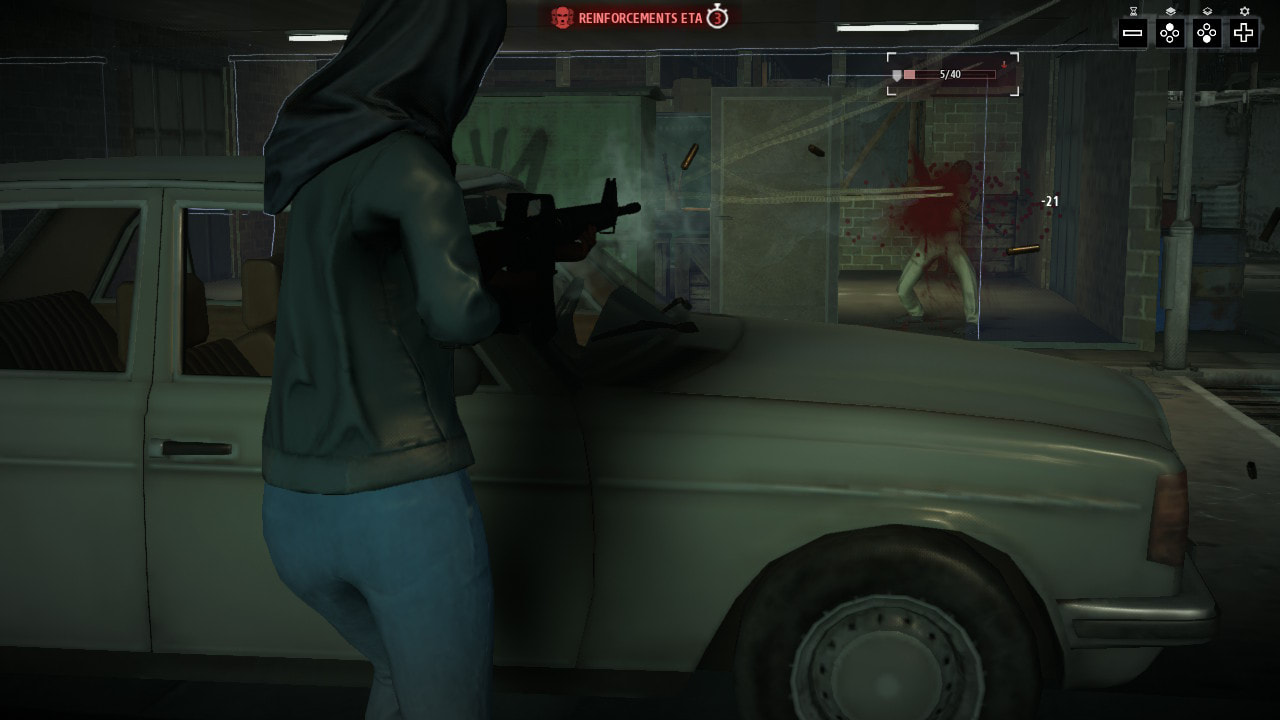
Phantom Doctrine is a fun little game if you can find it cheap. Personally, I wouldn't pay more than $15 for it - maybe $20 - but definitely not the normal price of $40. If you can find it on sale, though, then I definitely recommend it as it absolutely is a fun game with an interesting albeit not groundbreaking story. If you do find yourself hooked by the game's story and world, though, there's a New Game+ of sorts where you replay the game and get some extra gameplay and extra insight into Beholder Initiative's schemes. Just don't go into this game expecting it to be XCOM because, as I said in the beginning, it's definitely a dollar store XCOM clone. If XCOM is a two liter bottle of Sunkist, Phantom Doctrine is a two liter bottle of Omazing Orange; it's still really good, but it doesn't hold a candle to real deal.
